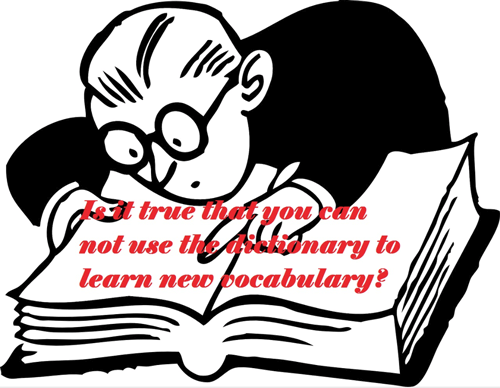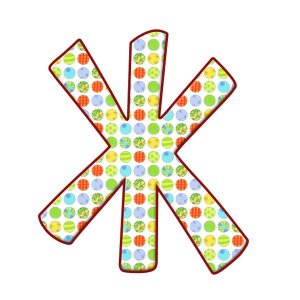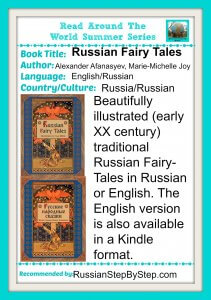Is Russian a phonetic language?
Is Russian a phonetic language?
The Mystery of Women
Einstein once said: “The most beautiful thing we can experience is the mysterious. It is the source of all true art and science.”
I think women are a motive for the thousands pieces of art and are the truly mysterious themselves. That is what makes them so exciting. For over 500 years, people have debated what the Mona Lisa is smiling about. Some have even given up the debate, concluding that the Mona Lisa was actually a painting that Leonardo Da Vinci did of himself. Wouldn’t that be a great trick? Regardless of why the Mona Lisa is smiling, her image still captivates people around the world.
In Berlin’s Museum of Egyptian Art I discovered a beauty that I had known about but never seen. As I walked through the museum, I encountered many objects of cultural and historical significance. While all of the pieces of art were fascinating in their own way, I had not been prepared for Nefertiti. As I looked up, my gaze met hers. Our eyes locked and I was momentarily hypnotized by the beauty of this 3, 300-year-old limestone bust. It was incredible. Read More
Accent Mark in Russian Textbooks
In Russian textbooks, each word has an accent mark, because the accent affects pronunciation.
You won’t see any stress marks in regular books. But for the learning purpose knowing where the word stress falls is extremely important.
For example, there are 3 letters О in the word ‘молоко’, and only one of them (the last one) is pronounced like in the alphabet. The first two are pronounced like “a” because they are unstressed. Generally speaking, Russians don’t care about unstressed syllables and they pronounce them casually. If you do the same you will get the correct pronunciation without thinking too much.
It is similar to English, particularly American English when you hear: “I gonna do it, I wanna go” … instead “I want to do it, I want to go“.
Maths exercise to improve your Russian
Загадка:
Ты берешь в долг у мамы 25 рублей, и у папы 25, всего у тебя 50 рублей.
Идешь в магазин и тратишь там ровно 45руб.
По дороге домой ты даешь в долг подружке 3 рубля (ей не хватало на что то).
У тебя остается 2 рубля.
Ты приходишь домой, отдаешь долг маме- рубль и папе – рубль.
Теперь ты должна им по 24руб.
Итог: 24 + 24 равно 48, и 3 рубля тебе отдает подружка,получается 51.
Вопрос – откуда взялся рубль если у тебя было 50?
The difference between ъ and ь
These two letters are silent. They don’t make any sound by themselves.
ъ – hard sign
ь – soft sign
First of all, both of those signs work as separation signs. In order to understand the difference you should listen to the following words, using Google Translate:
сел лёд
съел льёт
In addition to the separation job soft sign does something else – it softens the previous consonant:
мол тонко
моль Тонька
Q&A: Is it true that you can not use the dictionary to learn new vocabulary?

Is it true that you can not use the dictionary to learn new vocabulary?
Russian Fairy Tales in Russian and English (a book recommendation)
Whether you would like to practice your Russian and read these tales in Russian, or you just want to acquaint yourself with some beautiful Russian fairy tales – you will enjoy this book. In the XIX century, a famous Russian collector of folklore gathered over 600 Russian Fairytales. A great Illustrator Bilibin created drawing for some of the fairy-tales at the beginning of the XX century and they remained popular for a hundred years.
You can buy a Kindle version of the English Translation or high-quality hardback book in English or Russian.

 There are 3 consonants in Russian that always sound hard:
There are 3 consonants in Russian that always sound hard: